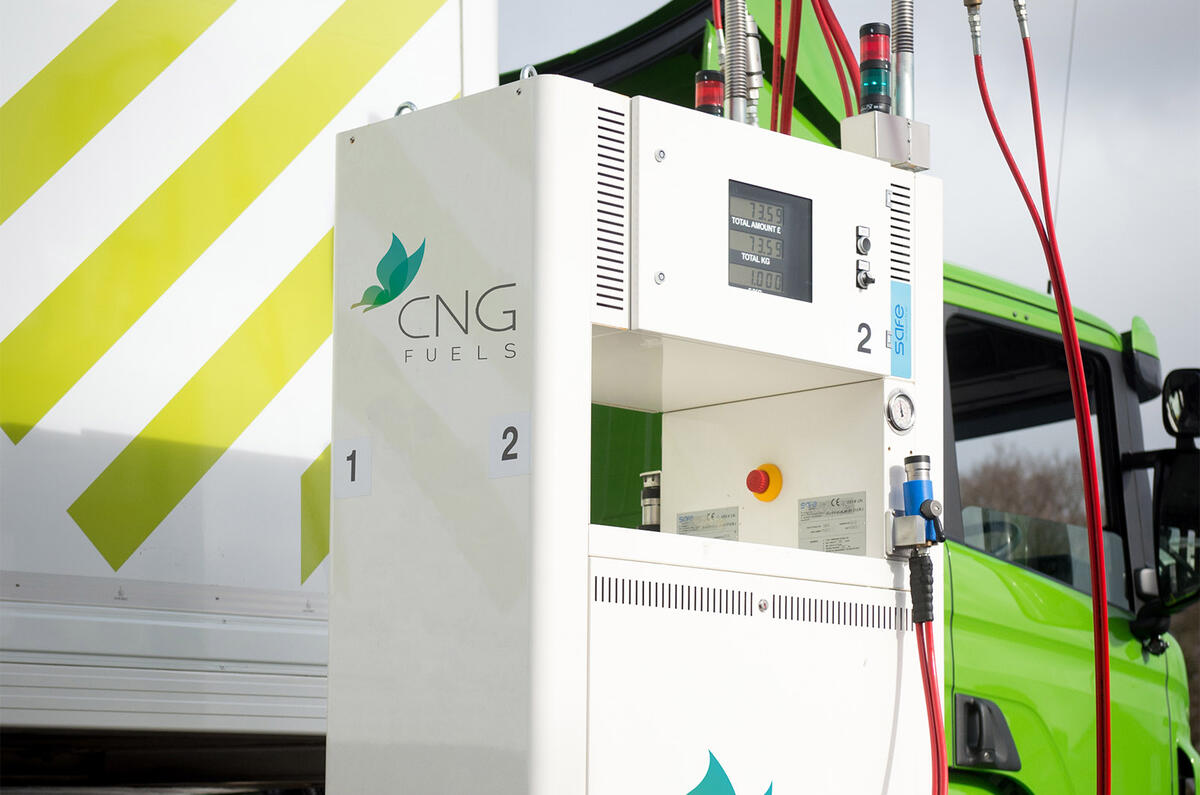Europe’s major oil refiners are calling on the automotive industry to pave the way for synthetic fuels as a significant means to achieve the European Union's target of climate neutrality by 2050.
FuelsEurope, which represents 40 companies that account for almost 100% of EU petroleum capacity, said its plans, laid out today, could bring CO2 reductions of 100 million tonnes by 2035. It claims that is the equivalent of 50 million electric vehicles on the road.
While FuelsEurope recognises that synthetic fuels will be particularly suited to sectors such as aviation, maritime transport and heavy-duty transport, where no viable technological alternatives exist, it says that road transport must lead the way as “the sector is already heavily regulated and price signals already exist. This market will then enable [synthetic fuels] to become competitive.”
Until now, the oil refinery industry has been largely quiet on alternatives to petroleum, but the impact of the coronavirus pandemic has apparently hastened its reaction.
John Cooper, director general of FuelsEurope, said: “Today we are setting out an ambitious pathway for enabling transport to contribute to EU’s climate neutrality ambition by 2050, based on scale up of low-carbon-liquid fuels supply and use, across several transport sectors.
“With a clear societal and scientific case for far-reaching climate action, and taking into account the economic and social impacts of the coronavirus crisis, we respect that there will be no return to business as usual for the fuels industries.
“With the focus increasingly turning to recovery and new investments, we believe now is the time to start policy discussions with EU and national policy makers and customer stakeholders to design the enabling policy framework for the deployment of these essential low-carbon fuels.”
What are synthetic fuels?
Synthetic fuels, also known as low-carbon liquid fuels (LCLFs), are sustainable fuels from non-petroleum origins with no or limited CO2 emissions produced during production and use. They're typically blended with conventional fuels but could progressively replace them altogether and wouldn't be carbon-neutral until this occurs.
The enabling technologies for synthetic fuels include sustainable biofuels, hydrogenation of vegetable oils, biomass-to-liquid fuel (BtL) and e-fuels (liquid fuels created from electricity), as well as carbon capture and storage and clean hydrogen applied in refineries.





Join the debate
Add your comment
"One major criticism of
"One major criticism of battery electric vehicles is that their impact on the environment is measured only on tailpipe emissions, rather than well-to-wheel."
Who is putting this nonsense out? Its been proven time after time that EVs trounce ICE on well to wheel very single time.
Seems like the fossil fuel industry is finally staring its demise in the eyes. Stop buring stuff for transportation and power generation.
Biomass-to-liquid fuel is
An e-fuel powered car will use 3 times more electricity (to create the fuel) to move an ICE car than an equivalent EV.
This is nothing but greenwashing from a sector that has resorted into using the Tobacco industry playbook. Smear and downplay.
Even if all these half measures are applied, air pollution in city centers will not get better.
shiakas wrote:
Youre not thinking straight - cleaner ICE fuels should be used in all the ICE cars on the road reducing their CO2 emissions, if we scrap them all and replace them with electric vehicles pollution will go up - making cars casues a lot of pollution. So no, it isnt green washing, its logic. Althoguh it clearly should ahve been done 20 years ago when peopel first started talkign about it.
A dead-end
However, their plan is stillborn. The alternative fuels might be carbon neutral but will still generate chemical pollution and fine particles.
Solar and wind generated electricity is the way to go.
Andrew1 wrote:
So true!
I would even question the "carbon neutral" claim of biofuels. It pretty much ignores all the carbon emitted during farming ( Fertiliser, farm equipment), refining and distribution.